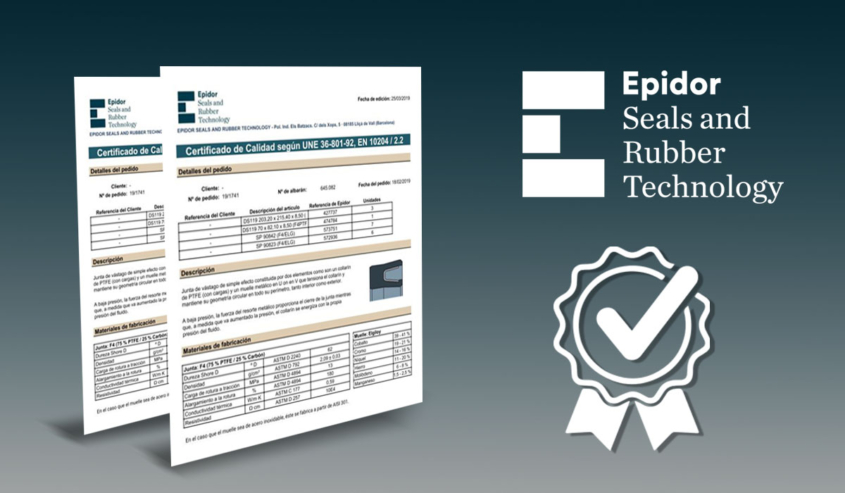EN 10204 Certificates
Increasingly, companies are including among their corporate information, or next to their name and logo, the seal of the quality certificates they hold.
The quality certificate certifies that a company complies with current regulations in the production or execution of a product or service. The certificate is an added value and distinctive guarantee and security to its customers and gives prestige to the market.
What is a standard?
It is a voluntary document containing technical specifications based on the results of experience and technological development. These standards guarantee that established levels of quality and safety are met, and are an important source of information.
In this case, the EN 10204 standard was created for the metallurgical sector and established the inspection documentation for metallic products.
This standard contemplates 4 levels of product certification, divided into two main categories, according to the type of tests performed:
- • Non-specific tests
- • Specific tests
In the first category, the manufacturer randomly performs a series of tests, according to its Quality Inspection guidelines, with the objective of examining whether the manufactured product conforms to the purchase order received. The sample analyzed may include several production batches, and may not be the one delivered to the customer. We find the certificates type 2.1 and type 2.2.
In the second category, the manufacturer carries out a certain test, such as: chemical composition analysis, functional test or dimensional control, before the delivery of the product according to the requirements of the purchase order to verify if the manufactured products comply correctly with the specifications. We find the certificates type 3.1 and type 3.2.
Certificate EN 10204 type 2.1
A document containing the minimum information on the order in question, issued by the manufacturer to the customer or by a reseller to a third party. The simplest possible 2.1 document is the order delivery note. We can also classify FDA certificates, KTW certificates, estimated shelf life certificates, among others, as 2.1 certificates.
Any other considerations requested by the customer, which the manufacturer or reseller can respond to at no additional cost, are categorized as certificate 2.1.
The 2.1 certificate does not allow any kind of traceability on the item of interest, it is a declaration of conformity with respect to what the customer buys and what is served to him.
Certificate EN 10204 type 2.2
The difference between 2.2 certification and 2.1 certification is that the results of generic tests carried out on the product of interest are added. These tests are the tests published in the product data sheet. Thus, a 2.1 certificate containing laboratory test results becomes a 2.2 certificate.
Another model of certificate 2.2 is the result of a random dimensional analysis performed on a product from a given batch. The manufacturer is not obliged to repeat this analysis each time the product is manufactured. The dimensions shown should be considered as general and under no circumstances should it be understood that they are the exact measurements of the product in the batch of interest.
The issuance of the 2.2 certificate can be done either by the manufacturer for the customer or by the reseller for a third party.
The 2.2 certificate does not allow any kind of traceability on the item of interest, it is a declaration of conformity with respect to what the customer buys and what is served to him.
Certificate EN 10204 type 3.1
This certificate can only be issued by the manufacturer of the product and certifies that the manufactured product technically satisfies the order and as proof of this, the results of the tests requested by the customer are provided. The type of test and how to carry it out must be previously defined in the order. The report is signed by someone outside the manufacturer’s production department; it is usually the personnel of the Quality Control Laboratory. It has a high economic cost, since it is an individual test of the product to be served, and it must be requested to the technical department prior to the order.
Whatever requirement is required for a particular item, the 3.1 certificate is the statement of compliance.
The 3.1 certificate allows traceability on the item of interest.
Certificate EN 10204 type 3.2
It is a 3.1 certificate that in addition to the signature on behalf of the manufacturer, there is a 2nd signature of an auditing company acting on behalf of the customer. The 3.2 certificate is not usually issued due to the high costs involved.
The 3.2 certificate allows traceability on the item of interest.


